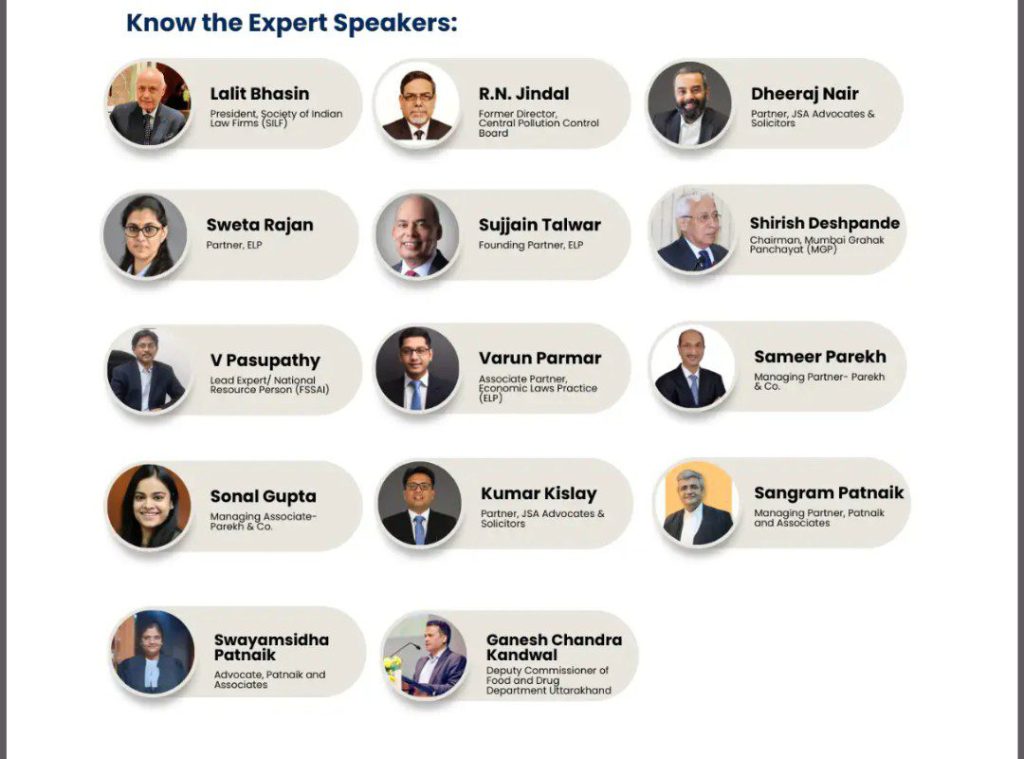
The Federation of Hotel and Restaurant Associations of India (FHRAI) has partnered with the CUTS Institute for Regulation & Competition (CIRC) to launch a specialized course aimed at strengthening legal and compliance capacity across the hospitality industry. The initiative, titled “Navigating the Legal Landscape of Hospitality,” addresses a growing need for legal awareness among hospitality professionals amid rising regulatory demands and complex compliance structures.
Announcing the partnership, FHRAI President K. Shyama Raju said, “It is important to bridge the gaps between hospitality law and practice, as regulatory uncertainty and overlaps create hurdles for the industry.” He emphasized that understanding legal systems is no longer optional but essential for hospitality businesses to remain competitive, compliant, and consumer-friendly.
India’s hospitality and tourism sector is projected to exceed ₹5.12 lakh crore (US$59 billion) in revenue by 2028, but small businesses and startups continue to face challenges navigating multiple licensing regimes, labour laws, and environmental mandates. The burden is further intensified by evolving sustainability regulations that require adherence to energy efficiency, water conservation, and waste management standards—obligations that are often difficult for smaller enterprises to meet without institutional support.
The newly launched eight-week course offers a comprehensive overview of key legal areas such as licensing, contract law, labour regulation, intellectual property, taxation, and dispute resolution. Designed for a broad audience—including hoteliers, restaurateurs, legal advisors, HR professionals, entrepreneurs, and hospitality students—the course features weekend live sessions, case-based learning, and instruction by industry experts.
“Programmes like these are critical in equipping professionals with the knowledge to operate responsibly and make informed decisions,” added Raju. “It’s not just about compliance—it’s about building credible institutions and securing long-term success.”
Pradeep Mehta, Chairman of CIRC, highlighted the urgency of the initiative. “There is a clear gap in legal understanding within the hospitality sector, which often results in unintentional violations and regulatory missteps. Strengthening legal knowledge will help businesses uphold consumer rights, maintain compliance, and foster trust in an increasingly regulated environment.”
Mehta also stressed the need for a more streamlined regulatory ecosystem and stronger support systems to help businesses adapt to sustainability goals. “When hospitality businesses are well-informed, they can plan proactively, reduce compliance risks, and align more effectively with global standards,” he said.
FHRAI is urging hospitality professionals across hotels, resorts, restaurants, and allied services to enroll in the course, which is expected to enhance legal preparedness and support the sector’s sustainable growth. The initiative marks a significant step in creating a legally aware and future-ready hospitality industry in India.

